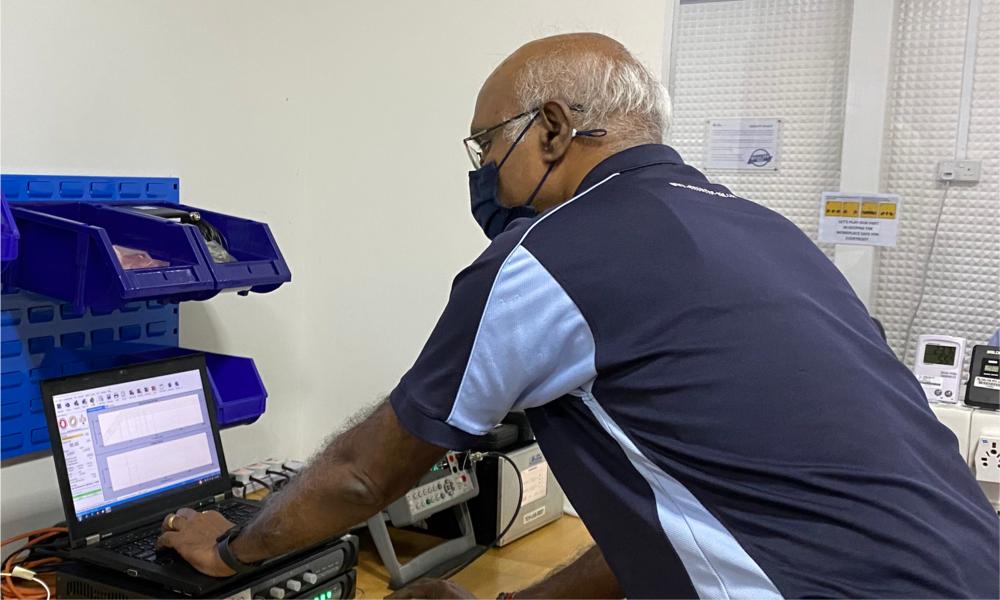Engagement has become a buzzword in the healthcare industry. It refers to the process of actively involving patients in their healthcare journey. This involves educating, empowering, and supporting patients to make informed decisions about their health. Engagement is essential for improving healthcare outcomes, reducing healthcare costs, and increasing patient satisfaction. In this article, we will explore the concept of engagement and highlight the role of NetbaseQuid in revolutionizing healthcare.
What is Engagement?
Engagement is a collaborative process between healthcare providers and patients. It involves providing patients with the knowledge, skills, and resources to participate in their healthcare journey actively. Engagement goes beyond traditional healthcare models, which focus solely on treating illnesses. Instead, it recognizes the importance of the patient as an active participant in their care. Engagement can be achieved through various means, including technology, communication, and patient education.
The Importance of Engagement
Engagement is crucial for improving healthcare outcomes. When patients are actively involved in their care, they are more likely to adhere to treatment plans and make healthy lifestyle choices. This results in better health outcomes, reduced healthcare costs, and increased patient satisfaction. Furthermore, engagement helps to create a more patient-centered approach to healthcare, which prioritizes the patient’s needs and preferences.
NetbaseQuid’s Role in Patient Engagement
NetbaseQuid is a leading provider of social analytics and customer experience management solutions. They help organizations to gather insights from social media and other online sources to better understand their customers. In the healthcare industry, NetbaseQuid’s services can be used to improve engagement. By analyzing patient feedback on social media, NetbaseQuid can help healthcare providers to understand patient needs and preferences. This information can then be used to develop patient engagement strategies that are tailored to individual patients.
Tools for Patient Engagement
Patient Engagement can be achieved through various means. Below are some of the best tools for engagement:
Patient Portals: Patient portals are online platforms that allow patients to access their healthcare information. Patients can use patient portals to view their medical records, request prescription refills, and communicate with their healthcare providers. Patient portals promote engagement by giving patients more control over their healthcare.
Wearable Devices: Wearable devices, such as fitness trackers, can be used to monitor patient health. Patients can use wearable devices to track their physical activity, heart rate, and sleep patterns. This information can then be shared with healthcare providers, who can use it to develop personalized treatment plans.
Telemedicine: Telemedicine involves using technology, such as video conferencing, to provide healthcare services remotely. Telemedicine can be used to provide patients with access to healthcare services, regardless of their location. This promotes engagement by making healthcare more convenient and accessible.
Health Apps: Health apps are mobile applications that allow patients to track their health and wellness. Health apps can be used to monitor medication adherence, track symptoms, and receive health-related education. Health apps promote engagement by providing patients with real-time information about their health.
Healthcare providers can also implement other engagement strategies, such as patient education and communication. Patient education involves providing patients with information about their health condition, treatment options, and lifestyle modifications. This information empowers patients to make informed decisions about their healthcare. Communication involves actively listening to patients and addressing their concerns. Healthcare providers can use communication to build trust and rapport with patients, which leads to better healthcare outcomes.
Engagement is a critical component of modern healthcare. By actively involving patients in their care, healthcare providers can improve healthcare outcomes, reduce costs, and increase patient satisfaction. NetbaseQuid’s services can be used to gather insights from social media and develop engagement strategies that are tailored to individual patients. With the right tools and engagement strategies, healthcare providers can create a more patient-centered approach to healthcare that prioritizes the needs and preferences of patients.
Conclusion
Engagement is essential for improving healthcare outcomes, reducing healthcare costs, and increasing patient satisfaction. NetbaseQuid’s services can be used to develop engagement strategies that are tailored to individual patients. The tools for engagement include patient portals, wearable devices, telemedicine, and health apps. By implementing engagement strategies and using the right tools, healthcare providers can create a more patient-centered approach to healthcare.





